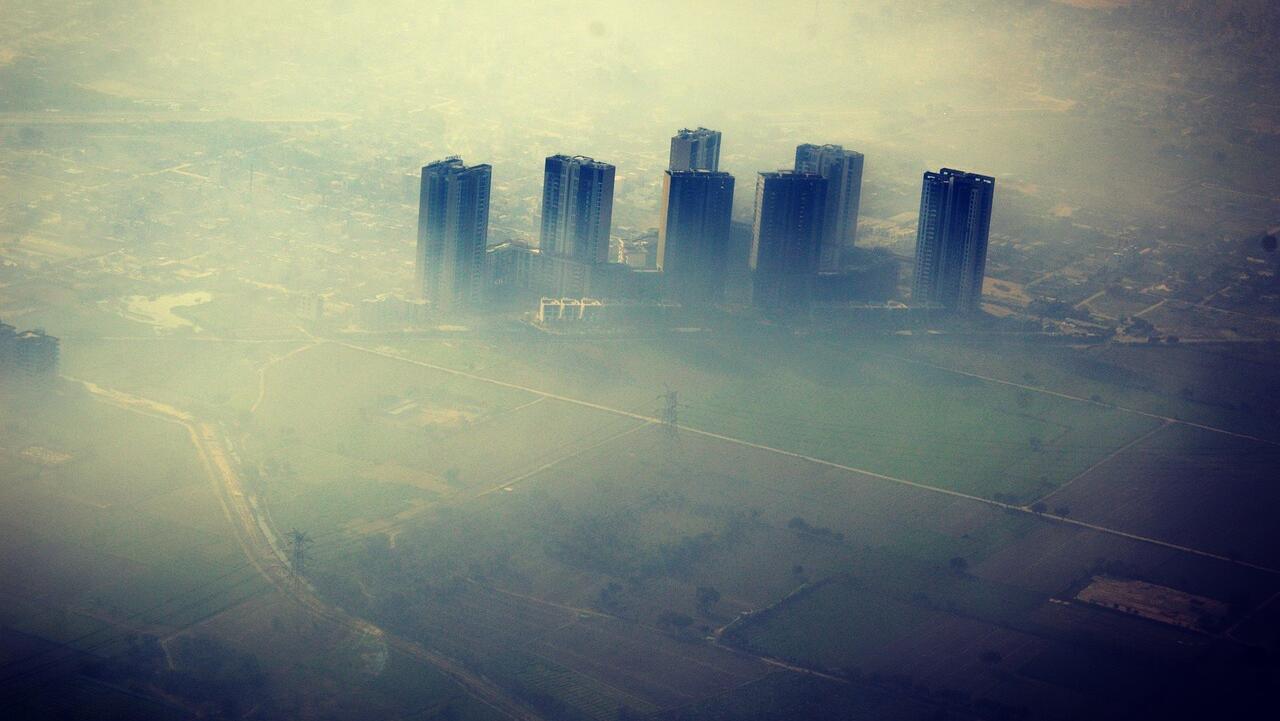India's capital city's air quality remains "hazardous" as toxic smog blankets the city.
A haze blanketed New Delhi on Monday (Tuesday AEDT), triggering the highest smog level this year. Authorities closed schools and urged people to stay indoors.
Delhi and the surrounding metropolis - home to 55 million people - experienced severe pollution as some areas reached the highest Air Quality Index score of 484.
The AQI scale ranges from 0 to 500, with 50 representing acceptable air quality and 300 representing dangerous air quality.
According to Swiss group IQAir, Delhi has the highest concentration of PM 2.5 of any city in the world, which is 138.4 times higher than the WHO's recommended level.
“All of North India has been plunged into a medical emergency,” Delhi Chief Minister Atishi Marlena Singh said in a press conference. She added that many cities were “reeling under severe levels of pollution.”
Singh said farm fires, where stubble left after harvesting rice is burned to clear fields, cause extreme pollution levels.
The primary sources of toxic smog include vehicle emissions, industrial pollution, and crop residue burning in neighbouring states. Additionally, construction dust and waste burning contribute significantly to air quality. These combined factors create a persistent haze that poses severe health risks to the city's inhabitants.
“Why is the (central government) not taking action against these states and implementing concrete steps? People are unable to breathe. I am getting calls from people complaining about breathing and respiratory issues,” Singh said.
“All of North India is paying the price for this, especially children and elderly who are struggling to breathe.”
Prolonged exposure to the toxic smog can lead to serious health issues, including respiratory problems, eye irritation, and cardiovascular diseases. Vulnerable populations, such as children and the elderly, are particularly at risk of developing chronic health conditions. The smog can also exacerbate existing respiratory ailments like asthma and bronchitis, making it difficult for affected individuals to breathe.
Delhi has ordered all schools to move classes online and tightened restrictions on construction and vehicle movements.
